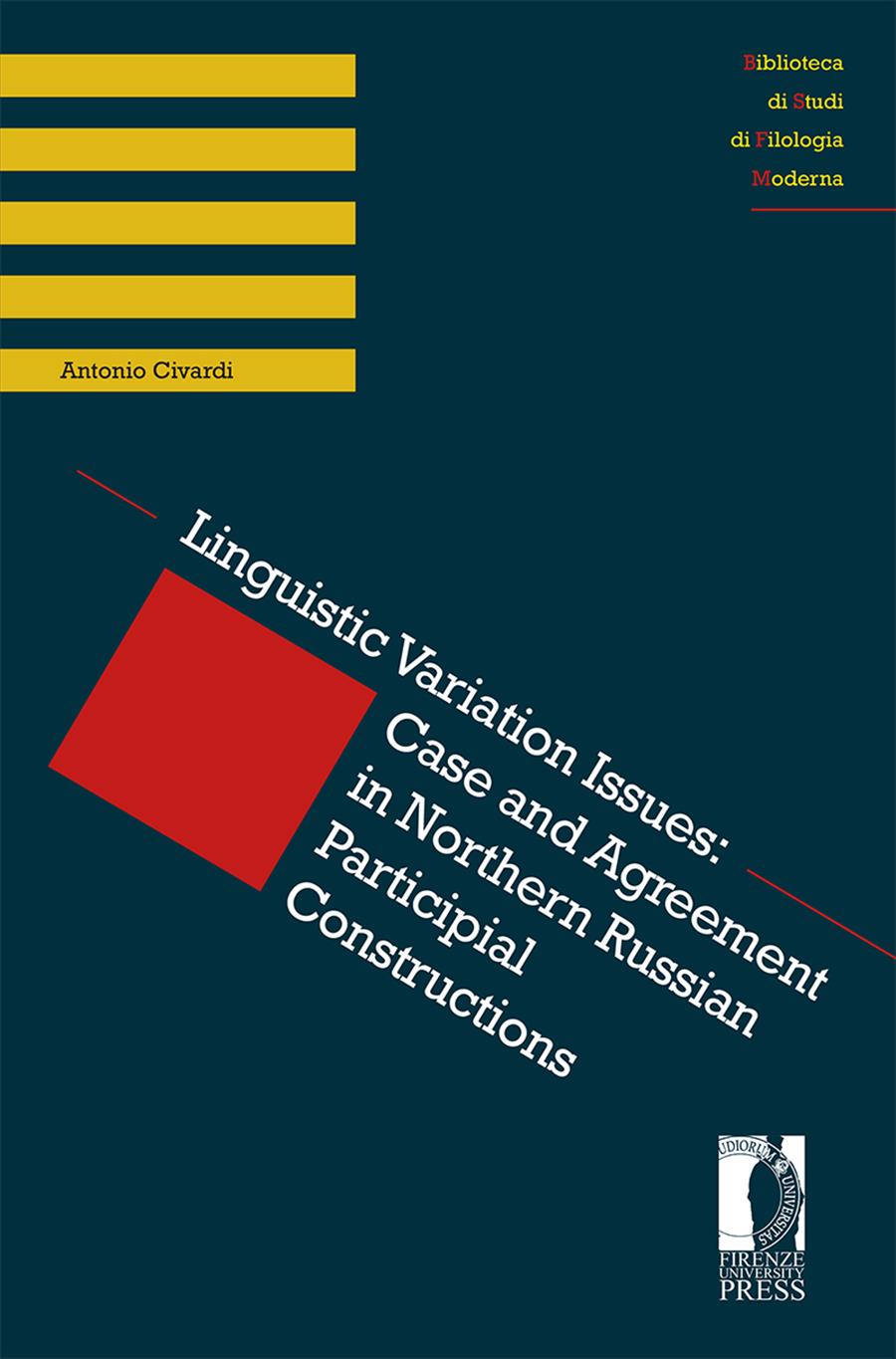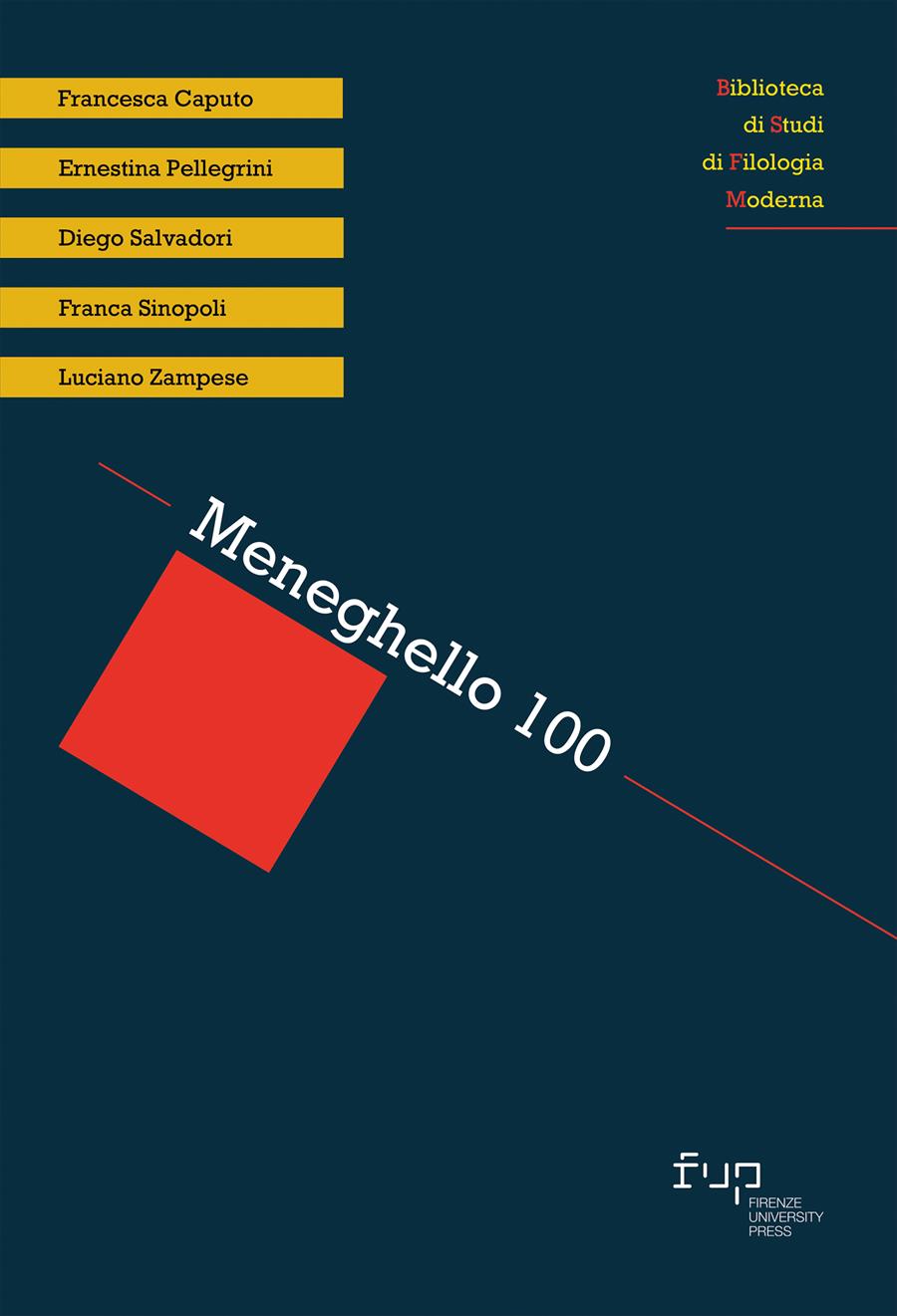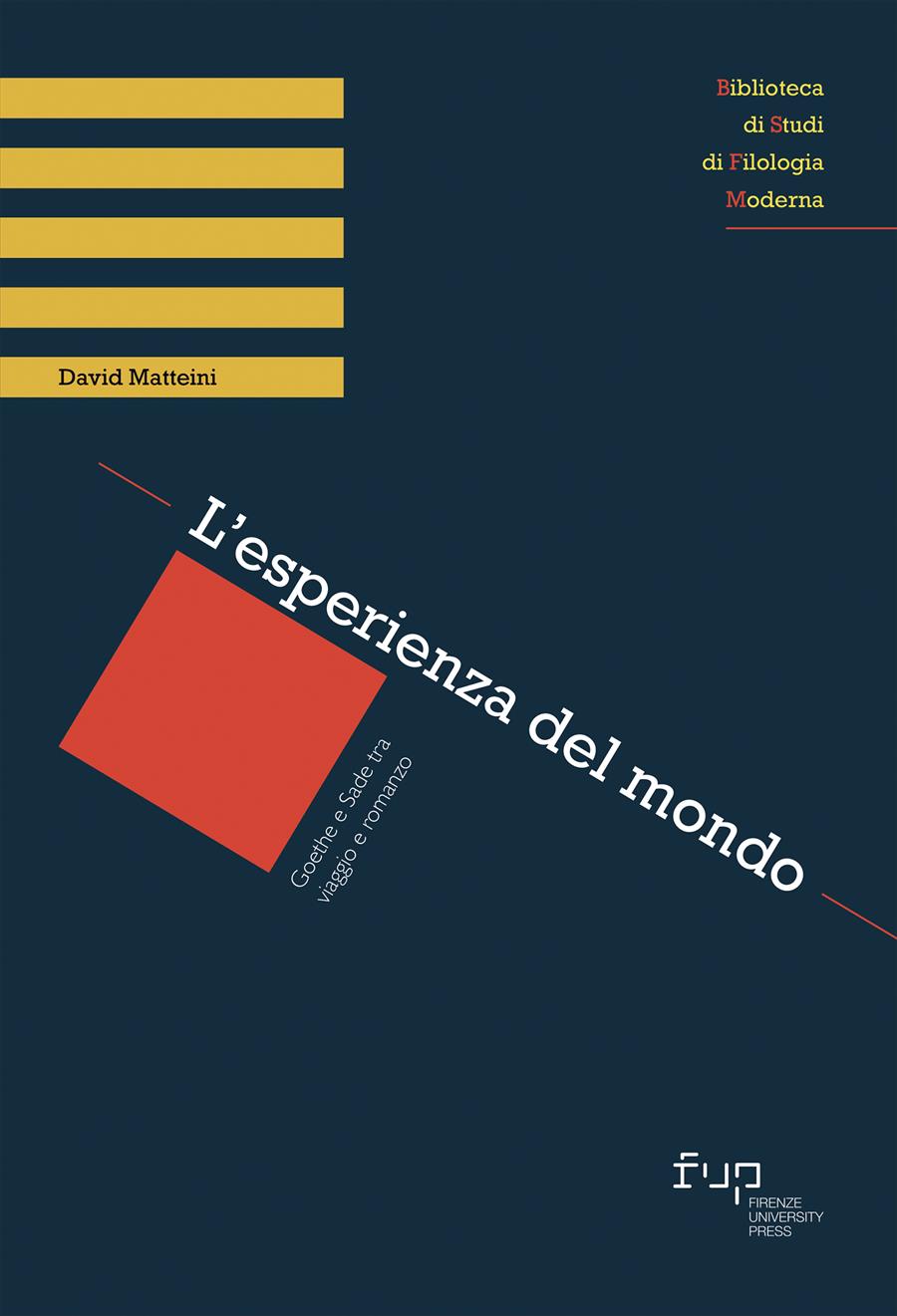Linguistic Variation Issues: Case and Agreement in Northern Russian Participial Constructions
- Antonio Civardi,
This study offers a novel approach to a longstanding problem in Slavic Linguistics, the formal representation of the Northern Russian participial constructions in -n(o)/-t(o). Unlike previous works, the methodological stance adopted by the author focuses on singling out all the relevant patterns of variation and on pursuing a unified explanation for them. The key to the solution of the puzzle is the idea that the participial affix -n-/-t- and the agreement inflections are not just pieces of morphology inserted post-syntactically, but true heads that enter the computation and are able to manipulate the argumental roles of the verb and to check the EPP. The author’s proposal is properly framed in the context of current debate on interlanguage variation.
- DOI: 10.36253/978-88-6453-326-1
- Series: Biblioteca di Studi di Filologia Moderna
- Scientific Board
- Language: English
- Subjects: Linguistic Literature
- Download PDF
-

- © 2016 Author(s)
- CC BY-NC-ND 3.0 IT
University of Genoa, Italy
- Publication Year: 2016
- Pages: 194
- eISBN: 978-88-6453-326-1
- Content License: CC BY-NC-ND 3.0 IT
- © 2016 Author(s)
- Publication Year: 2016
- eISBN: 978-88-9273-240-7
- Content License: CC BY-NC-ND 3.0 IT
- © 2016 Author(s)
Bibliographic Information
Book Title
Linguistic Variation Issues: Case and Agreement in Northern Russian Participial Constructions
Authors
Antonio Civardi
Peer Reviewed
Publication Year
2016
Copyright Information
© 2016 Author(s)
Content License
Metadata License
Publisher Name
Firenze University Press
DOI
10.36253/978-88-6453-326-1
eISBN (pdf)
978-88-6453-326-1
eISBN (xml)
978-88-9273-240-7
Series Title
Biblioteca di Studi di Filologia Moderna
Series E-ISSN
2420-8361






